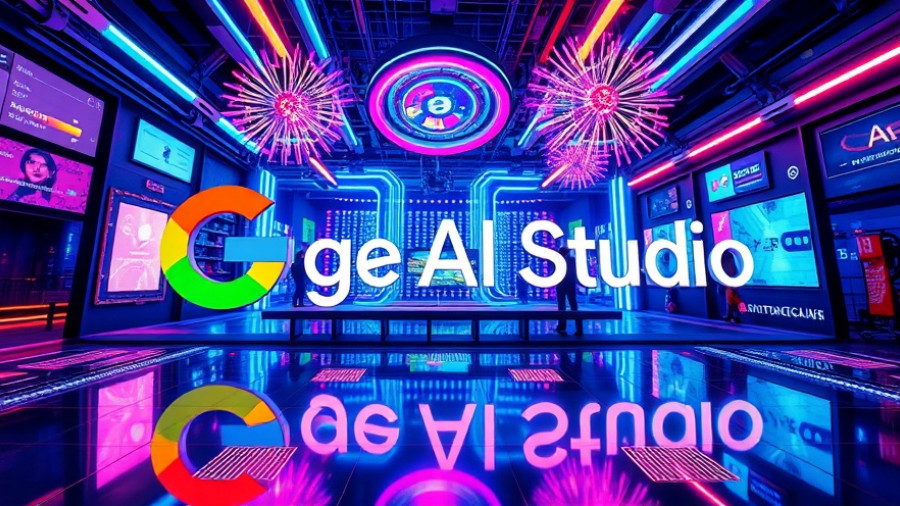
The Evolution of Engineering Jobs in the Age of AI
As artificial intelligence continues to shape the job landscape, many professionals are finding themselves at a critical crossroads. The story of an engineer who left their role at a FAANG company due to automation fears reflects a larger trend in the tech industry. Jasper Gilley, a former machine learning engineer, recently decided to leave his secure job after assessing that, by 2025, positions like his could become outdated. This sentiment is echoed by many in the field, suggesting a significant shift in what skills will be in demand.
Ghost Engineers and the Impact of AI
The rise of AI tools has sparked discussions about "ghost engineers," a term used to describe those who manage to stay employed despite minimal productivity. With companies like Google and Amazon streamlining workflows through AI, the dynamics of hiring and job performance are being reevaluated. As highlighted by a recent article on AI and job security, tools such as GitHub Copilot and Cursor are increasing productivity, making the case for the obsolescence of certain engineering roles strong. As productivity improvements soar, job security becomes a concern for those who may not adopt these tools effectively.
The Changing Role of Engineers
Engineers are now expected to evolve, shifting their focus from basic problem-solving to high-level design and oversight. The future of engineering won’t merely involve writing code; it will require managing complex AI systems and ensuring they operate efficiently. This aligns with the insights from major tech leaders who suggest that as AI takes on more coding tasks, engineers must compete at a higher intellectual level and refine their context management skills. Successful engineers might soon need to be more adept at integrating AI capabilities rather than writing code themselves.
Future Predictions: The Skills Landscape Post-AI
Looking ahead, predictions suggest that by 2025, the engineering workforce will need to adapt rapidly. According to Gartner, up to 80% of engineers will have to upskill to remain relevant in a future dominated by AI technology. Roles will likely focus on supervising AI outputs, ensuring quality, and managing integrations, which could influence hiring practices dramatically. The traditional routes through which engineers advance their careers may change drastically as AI tools redefine educational and professional paths.
Challenges and Opportunities for Professionals
With these changes come not only challenges but also opportunities for professionals willing to embrace AI. Those who adapt their skillsets to include AI comprehension—for instance, leveraging data analytics to improve marketing strategies or enhance conversion rates—will find themselves in high demand. Moreover, as traditional software engineering roles evolve, so does the need for professionals in areas like customer engagement and digital marketing, where human insight remains invaluable.
Making Informed Decisions in the AI Era
For professionals, understanding the trajectory of their careers in relation to AI should prompt introspection. As automation becomes more prevalent, reevaluating job roles and skillsets is imperative. As data shows, digital transformation in marketing, including conversion rate optimization and leveraging analytics tools, will require new types of expertise. Therefore, this is an opportune moment for professionals to pivot toward roles in digital marketing and management that harness AI's potential while relying on irreplaceable human creativity and strategic thinking.
Your Next Steps in the AI-Driven Future
As you consider your career path in light of these emerging trends, think about how you can position yourself advantageously in the age of AI. Upskill in areas relevant to your industry, like digital marketing tools and conversion rate optimization, to stay ahead. Keep abreast of SEO updates and content marketing strategies to enrich your professional offerings as the landscape continues to evolve.
Stay proactive in adapting your skillset to not only survive but thrive in this new era of automation.
 Add Row
Add Row  Add
Add 




Write A Comment